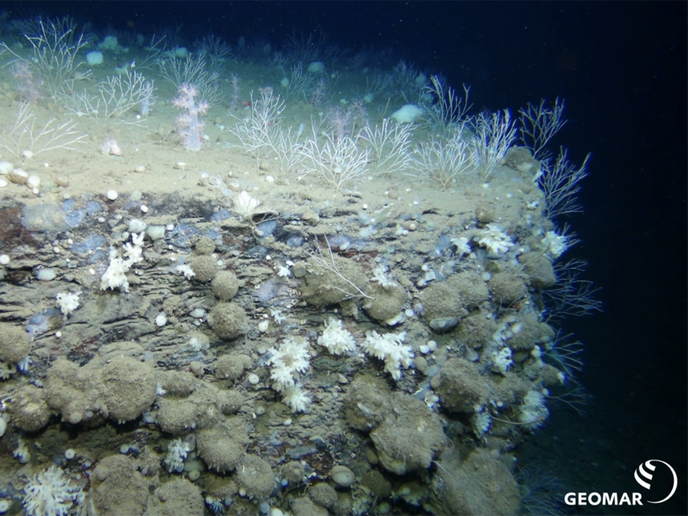Conserving wetlands in Asia's highlands
Billions of people depend on aquatic resources. However, an estimated 50 % of wetlands have been lost and more than 20 % of freshwater species are now at risk. The EU-funded 'Highland aquatic resources conservation and sustainable development' (HIGHARCS) project addressed the threat to wetlands in Asia's highland regions. However, a major challenge was presented by the lack of coordination of knowledge between and within communities depending on highland aquatic ecosystems for their livelihoods. HIGHARCS improved the conservation of biodiversity in these areas using an interdisciplinary approach to develop knowledge and produce integrated action plans. In this way, conservation, communities' livelihoods and policy concerns were all addressed. This was communicated to potential stakeholders through the wetland resources action planning toolkit WRAP. An important innovation was the Flagship Species Initiative that identifies species of conservation concern and important to people's livelihoods. Participation of local communities was also critical to the development of successful policies for the sustainable use of aquatic resources. A series of capacity-building workshops ensured that all marginal stakeholder groups, such as women, young people and ethnic communities, were involved in the process. Workshops also brought together project managers and researchers from Asia and Europe to share ideas and expertise. This included learning about local cultural contexts and gender issues in relation to local livelihoods. The HIGHARCS initiative has provided a detailed picture of the major threats facing aquatic resources and enabled the identification of priority species for conservation. Project outcomes also help to raise awareness within local and scientific communities of the challenges regarding aquatic resources.
Keywords
Highlands, aquatic resources, conservation, sustainable development, biodiversity







